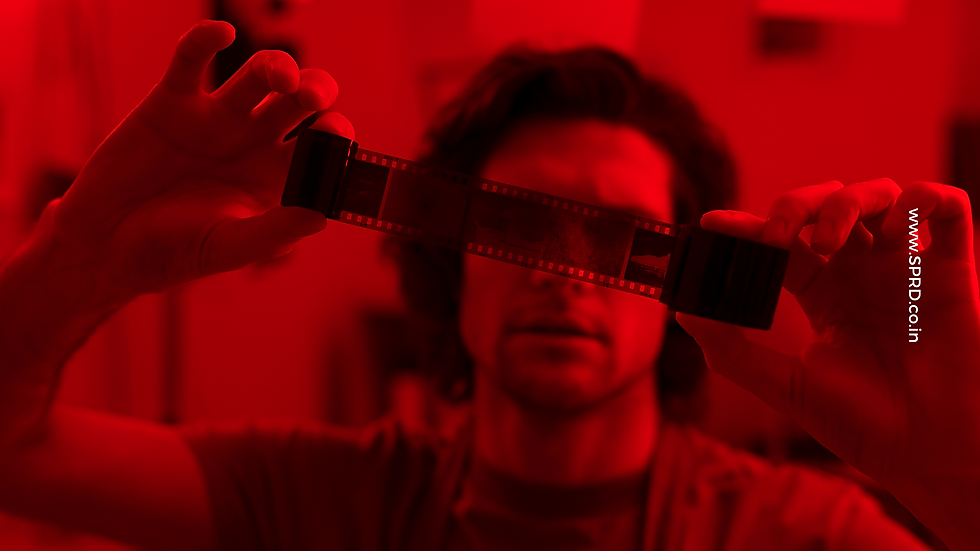Influencer Marketing In The 21st Century: The Do's And Don'ts
- SPRD

- Jun 30, 2021
- 3 min read
Updated: Nov 23, 2023
Five years ago, it was implausible that artists, travellers, bloggers, chefs or even the next-door homemaker would have the power to influence a consumer’s purchase decisions. What seemed too far-fetched then, has now become the reality of today with 58.70% of CMOs looking to allocate separate budgets for influencer activities in their 2021 marketing plans.
Influencer marketing is increasingly assuming a mainstream stature and is expected to be worth $15 billion by 2022. Traditional celebrity-based promotions have now become secondary as consumers are displaying sustained loyalty towards influencers who have become ‘icons of the common’. ‘Influencing’ was once a stepney, and has now become the steering wheel for most marketing campaigns in India.
Influencer marketing which majorly began with beauty products in 2017, now encompasses all possible product categories from food to hotel stay to apparel and financial products.
Seasoned PR vs Influencer Marketing – which one is better?
In Public Relations, it is imperative for brands to build strong connections with a variety of media outlets. This involves having patience and a gestation period with brands having little control over the content which the editors or publishers intend to deliver.
Whereas, with influencer marketing, brands can create millions of impressions with the right strategy and even take advantage of user generated content, in a short span of time. It would not be an exaggeration to say that for each type of target consumer, there is an influencer out there.
The crucial mix between PR & Influencer Marketing
Brands and PR agencies must do their due diligence when vetting influencers, planning mini media campaigns and analysing the outcomes. Factors such as frequency of content posting, number and nature of followers, their rate card, and existing reach should be considered while choosing to work with an influencer.
Baggit is an interesting example of a brand who uses the right mix of PR and influencer marketing by earning a whooping 55,31,042 impressions and reaching more than 2.8 million unique Twitter accounts through their campaign for their new SS collection. It included an event with bloggers showcasing the products, a Q&A with them, and simultaneous interactions and content sharing by roping in influencers who shared their stories, re-tweeted brand’s tweets, and bloggers posts.
The ASCI lens and its impact on Influencer Marketing
Starting June 14, the Advertising Standards Council of India (ASCI) issued the following guidelines.
All advertisements must carry a disclosure label that clearly identifies it as an advertisement.
The disclosure must be upfront and prominent so that it is not missed by an average consumer.
For videos that last 15 seconds or lesser, the disclosure label must stay for a minimum of 3 seconds.
With gaining significance and impact of influencer marketing on consumers, it seems more than appropriate to have guidelines to ensure transparency and protect consumer interests. With brands following the suit of influencer marketing and companies like PepsiCo claiming that it had engaged with around 2,500 micro influencers, it is a must that they are cautious about ad frauds and fake followers. Further, influencer marketing is not as regulated as advertising – for instance, surrogate advertising in television vs direct advertising on Instagram. With these concerns, there are possibilities of more regulations coming in.
Audiences display loyalty towards the stories and content of the influencers because influencers keep them engaged and make the audience a part of their daily life, their passions, and the way they evolve over time.
Thus, it’s safe to say that macro, micro and nano influencers are the drivers of social media marketing of the future.




Comments